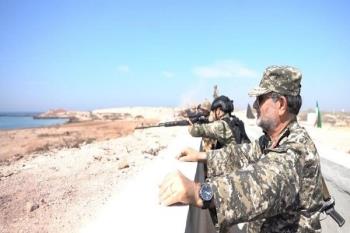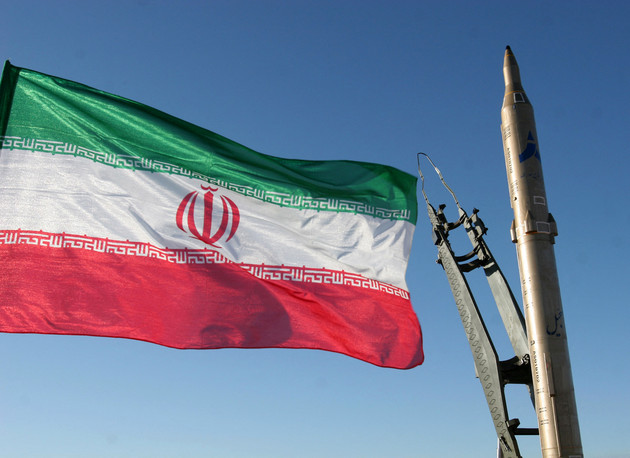ALWAGHT- The newspaper "Yedioth Ahronoth," known for its Zionist stance, characterized the assault on the Iranian consulate in Damascus as a misguided move stemming from flawed evaluations by the Israeli regime's leadership. It interpreted Iran's subsequent retaliatory strike on the occupied territories during the attack as a significant setback for Israel, asserting, "Iran had already achieved victory before the missile and drone attacks."
This Zionist media outlet, referring to Israel's strategic setback following Iran's retaliatory operation, emphasized that "Israel was paralyzed with fear of Iran's response for two weeks after the operation of the assassination (attack on the Iranian consulate in Damascus)."
Continuing, the Yedioth Ahronoth newspaper questioned, "Why should such a terrorist operation be carried out by Israel at all? An operation that could have led to a new confrontation for the Israeli army, which is millions of times more complicated than the current engagement in the northern and southern fronts? All while the war is still ongoing in these fronts?"
This Hebrew media outlet also sarcastically questioned how Israeli authorities, who had previously approved attacking Rafah several times and had not succeeded in executing it yet, intend to threaten Tehran.
Yedioth Ahronoth stated that the answer to these questions is actually the same answer Israelis receive about their other questions: "Mistake, mistake, we made a mistake."
In its report, this Zionist media source mentioned that the Israeli government's intelligence evaluation assumed that if the military were to conduct an assassination within Iran's jurisdiction in Damascus, Iran would not change its operational strategy. However, these assessments proved to be flawed, indicating that Israeli officials had overlooked the fact that Israel no longer posed a threat and had an unreliable leadership, with its military having made numerous errors.
Yedioth Ahronoth further questioned whether it was necessary for "Israel" to carry out the assassination operation in Damascus, considering it was surrounded by a circle of hostility (referring to resistance groups). This action indicated that "Israel" was unwilling to alter its approach to dealing with significant enemy actions.
This Hebrew news outlet also underscored the Zionist regime's history of miscalculations and stated that in the May 2021 conflict (the Sword of Jerusalem battle), "Israel" believed that Hamas would not act on its threats. Similarly, regarding the October 7, 2023 operation, relevant Israeli entities believed that Hamas would remain inactive, but it was evident that "Israel" was mistaken on both occasions.
The Zionist media outlet continues by asserting that the assassination of members of Iran's Islamic Revolutionary Guard Corps, targeting the consulate in Damascus, was another Israeli miscalculation. This led to Iran launching a significant anti-Israel attack.
Similarly, Hebrew media expressed concern about Iran altering engagement rules post "Operation True Promise," stating that Israel's deterrence, previously weakened in Gaza and Lebanon, was now undermined by Tehran.
Liraz Margalit, a social psychologist and digital-age behavior researcher, noted in a Maariv article: "Iran's victory occurred well before this attack. It lay in Israel's people and media eagerly anticipating Iran's response, alongside extensive predictions and analyses."
She remarked, "I find it astonishing that a former Air Force general would claim Iran was defeated and needs to strategize more for future victories." Discussing this incident reveals Iran's intention to convey a clear message that the issue has been concluded. All these actions were predetermined, with their outcomes evident. The former general's assessment was flawed to the point where I had to question if these are the same individuals we depend on for forecasting situations.
She stressed: Iran did not face defeat. Those present are not irrational. In Tehran, there are sensible individuals who are fully aware of their actions. Each of their moves was meticulously planned. Iran's response primarily carried symbolic weight. However, Iran ultimately does not aim to engage in conflict with America or Israel. Iran adheres to protocols but does so with utmost discretion, leaving us with no choice but to learn from their wisdom and craftiness.



























